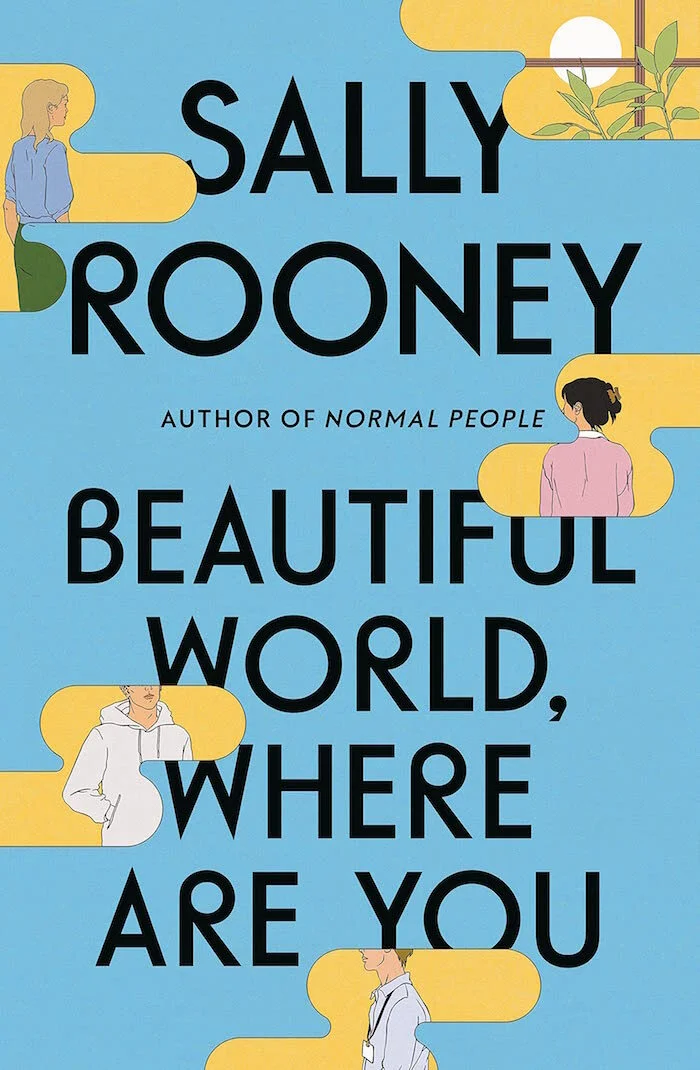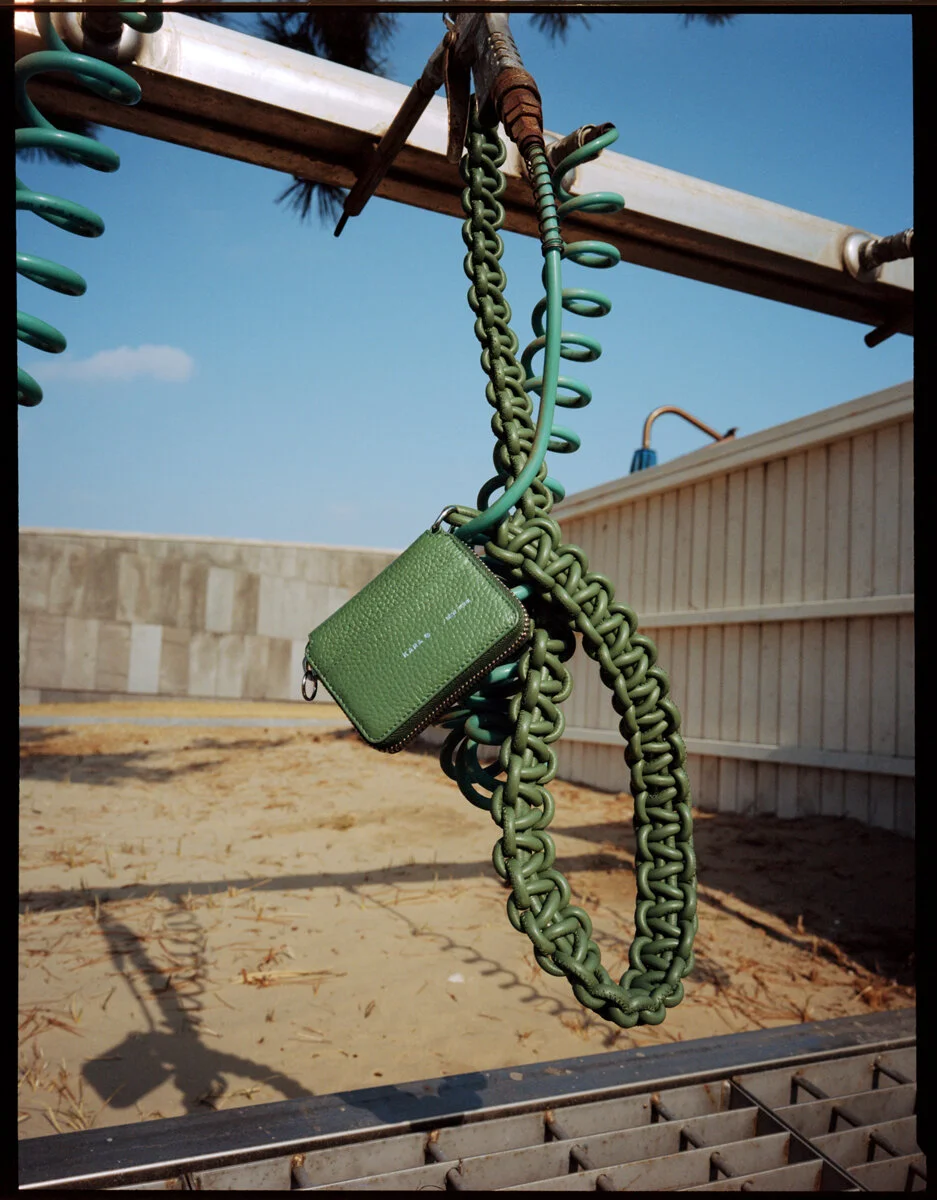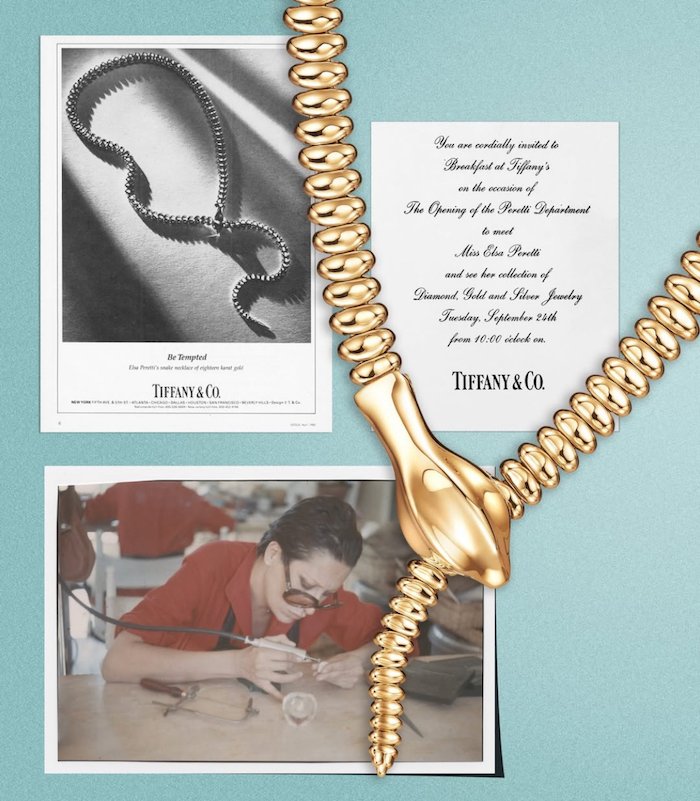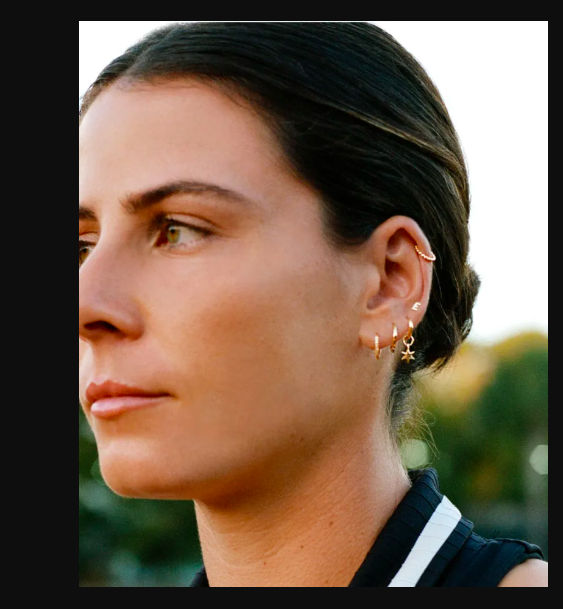What We Love: "Unread Messages" by Sally Rooney
At twenty past twelve on a Wednesday afternoon, a woman sat behind a desk in a shared office in Dublin city center, scrolling through a text document. She had very dark hair, swept back loosely into a tortoiseshell clasp, and she was wearing a dark-gray sweater tucked into black cigarette trousers. Using the soft, greasy roller on her computer mouse she skimmed over the document, eyes flicking back and forth across narrow columns of text, and occasionally she stopped, clicked, and inserted or deleted characters. Most frequently she was inserting two full stops into the name “WH Auden,” in order to standardize its appearance as “W. H. Auden.” When she reached the end of the document, she opened a search command, selected the Match Case option, and entered “WH.” No matches appeared. She scrolled back up to the top of the document, words and paragraphs flying past illegibly, and then, apparently satisfied, saved her work and closed the file.
At one o’clock she told her colleagues she was going to lunch, and they smiled and waved at her from behind their monitors. Pulling on a jacket, she walked to a café near the office and sat at a table by the window, holding a sandwich in one hand and a copy of “The Brothers Karamazov” in the other. At twenty to two, she looked up to observe a tall, fair-haired man entering the café. He was wearing a suit and tie, with a plastic lanyard around his neck, and was speaking into his phone. Yeah, he said, I was told Tuesday, but I’ll call back and check that for you. When he saw the woman seated by the window, his face changed, and he quickly lifted his free hand, mouthing the word Hey. Into the phone, he continued, I don’t think you were copied on that, no. Looking at the woman, he pointed to the phone impatiently and made a talking gesture with his hand. She smiled, toying with the corner of a page in her book. Right, right, the man said. Listen, I’m actually out of the office now, but I’ll do that when I get back in. Yeah. Good, good, good to talk to you.
The man ended his call and came over to her table. Looking him up and down, she said, Oh, Simon, you’re so important-looking, I’m afraid you’re going to be assassinated. He picked up his lanyard and studied it critically. It’s this thing, he said. It makes me feel like I deserve to be. Can I buy you a coffee? She said she was going back to work. Well, he said, can I buy you a takeaway coffee and walk you back? I want your opinion on something. She shut her book and said yes. While he went to the counter, she stood up and brushed away the sandwich crumbs that had fallen into her lap. He ordered two coffees, one white and one black, and dropped some coins into the tip jar. How was Lola’s fitting in the end? the man asked. The woman glanced up, met his eyes, and let out a strange, stifled sound. Oh, fine, she said. You know my mother’s in town. We’re all meeting up tomorrow to look for our wedding outfits.
He smiled benignly, watching the progress of their coffees behind the counter. Funny, he said, I had a bad dream the other night about you getting married.
What was bad about it?
You were marrying someone other than me.
The woman laughed. Do you talk like this to the women at your work? she said.
He turned back to her, amused, and replied, God, no, I’d get in awful trouble. And quite rightly. No, I never flirt with anyone at work. If anything, they flirt with me.
I suppose they’re all middle-aged and want you to marry their daughters.
I can’t agree with this negative cultural imaging around middle-aged women. Of every demographic, I actually think I like them best.
What’s wrong with young women?
There’s just that bit of . . .
He gestured his hand from side to side in the air to indicate friction, uncertainty, sexual chemistry, indecisiveness, or perhaps mediocrity.
Your girlfriends are never middle-aged, the woman pointed out.
And neither am I, quite yet, thank you.
On the way out of the café, the man held the door open for the woman to walk through, which she did without thanking him. What did you want to ask me about? she said. He told her he wanted her advice on a situation that had arisen between two of his friends, both of whom the woman seemed to know by name. The friends had been living together as roommates, and then had become involved in some kind of ambiguous sexual relationship. After a time, one of them had started seeing someone else, and now the other friend, the one who was still single, wanted to leave the apartment but had no money and nowhere else to go. Really more of an emotional situation than an apartment situation, the woman said. The man agreed, but added, Still, I think it’s probably best for her to get out of the apartment. I mean, she can apparently hear them having sex at night, so that’s not great. They had reached the steps of the office building by then. You could loan her some money, the woman said. The man replied that he had offered already but she had refused. Which was a relief, actually, he added, because my instinct is not to get too involved. The woman asked what the first friend had to say for himself, and the man replied that the first friend felt that he was not doing anything wrong, that the previous relationship had come to a natural end and what was he supposed to do, stay single forever? The woman made a face and said, God, yeah, she really needs to get out of that apartment. I’ll keep an eye out. They lingered on the steps a little longer. My wedding invite arrived, by the way, the man remarked.
Oh yes, she said. That was this week. …








